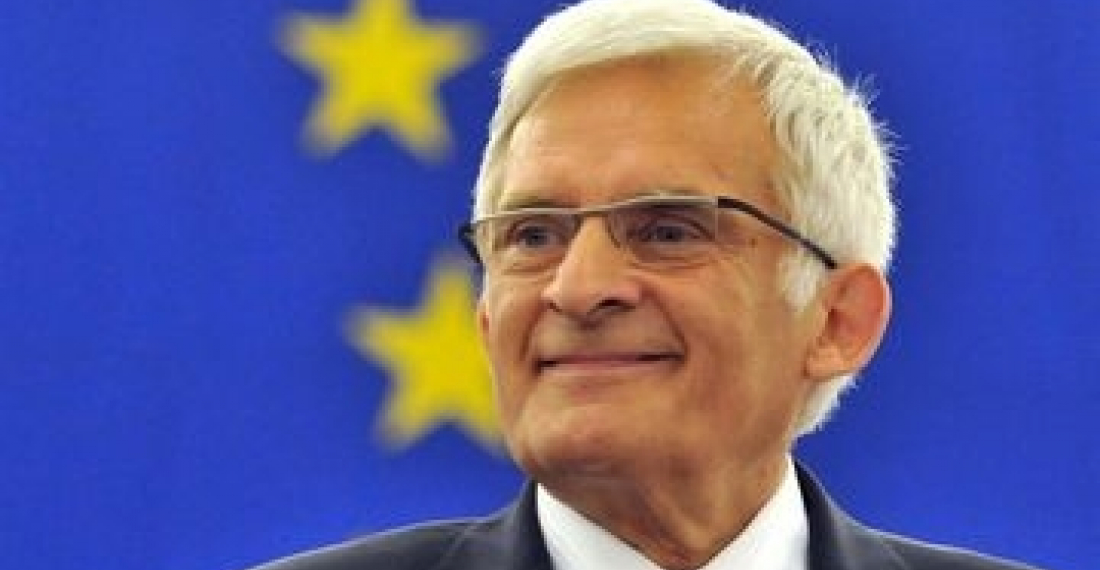Opening the first ordinary session of the Euronest Parliamentary Assembly, Mr Jerzy Buzek, President of the European Parliament, highlighted the crucial issues for Eastern Partnership: economic integration, energy security, democracy and human rights.
In his speech Buzek said that while the EU's attention is focused on the Southern dimension and the unfolding Arab spring, the engagement in the East should be maintained and even strengthened, both politically and financially. "Both Southern and Eastern dimensions of our Neighbourhood policy are equally important, and thus we need to ensure that there is equal treatment between the two in the next
Multiannual Financial Framework and in our strategic political decisions," he said, ENPI reports.
"...However, in order for us to move forward, there must be more reforms so that more support is possible. "More for more" should become our mantra. And these reforms must extend to all areas which
are central for a successful transition process - including democratic governance, an independent judiciary, respect for human rights, and the strengthening of the rule of law," Buzek said. The
European Parliament also attaches great importance to the improvement of people to people contacts. In this, Mr. Buzek said, visa liberalisation must be an essential element of our neighbourhood policy.
"If we use it correctly and wisely, this parliamentary dimension of Eastern Partnership policy can become an important tool. It can provide for greater oversight, greater transparency and greater control of our governments. This is our duty as parliamentarians and this is our mission in front of our citizens. It is up to us to make this a reality," Buzek concluded.
To recall, the first Ordinary Session of the Euronest PA commenced on 15 September 2011 in Strasbourg. Members of the European Parliament and the parliament of the EPP 5 member-states: Armenia, Azerbaijan, Belarus, Georgia, Moldova and Ukraine, participate in the Session. The Plenum is scheduled to discuss and adopt a Resolution with recommendations to the EaP Summit meeting on 29-30 September 2011 in Warsaw, as well as discuss and adopt a Declaration on Belarus and action plan for 2011-2012.







